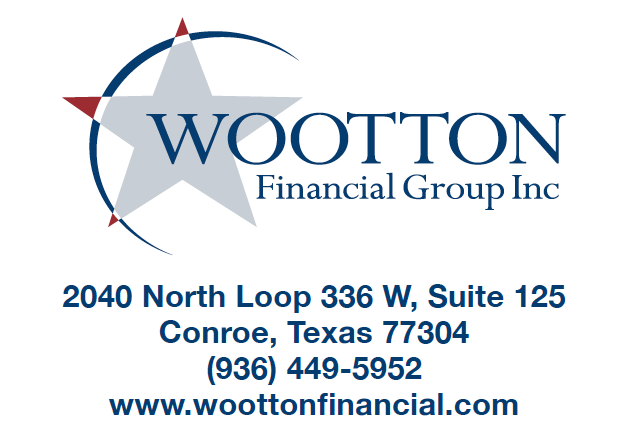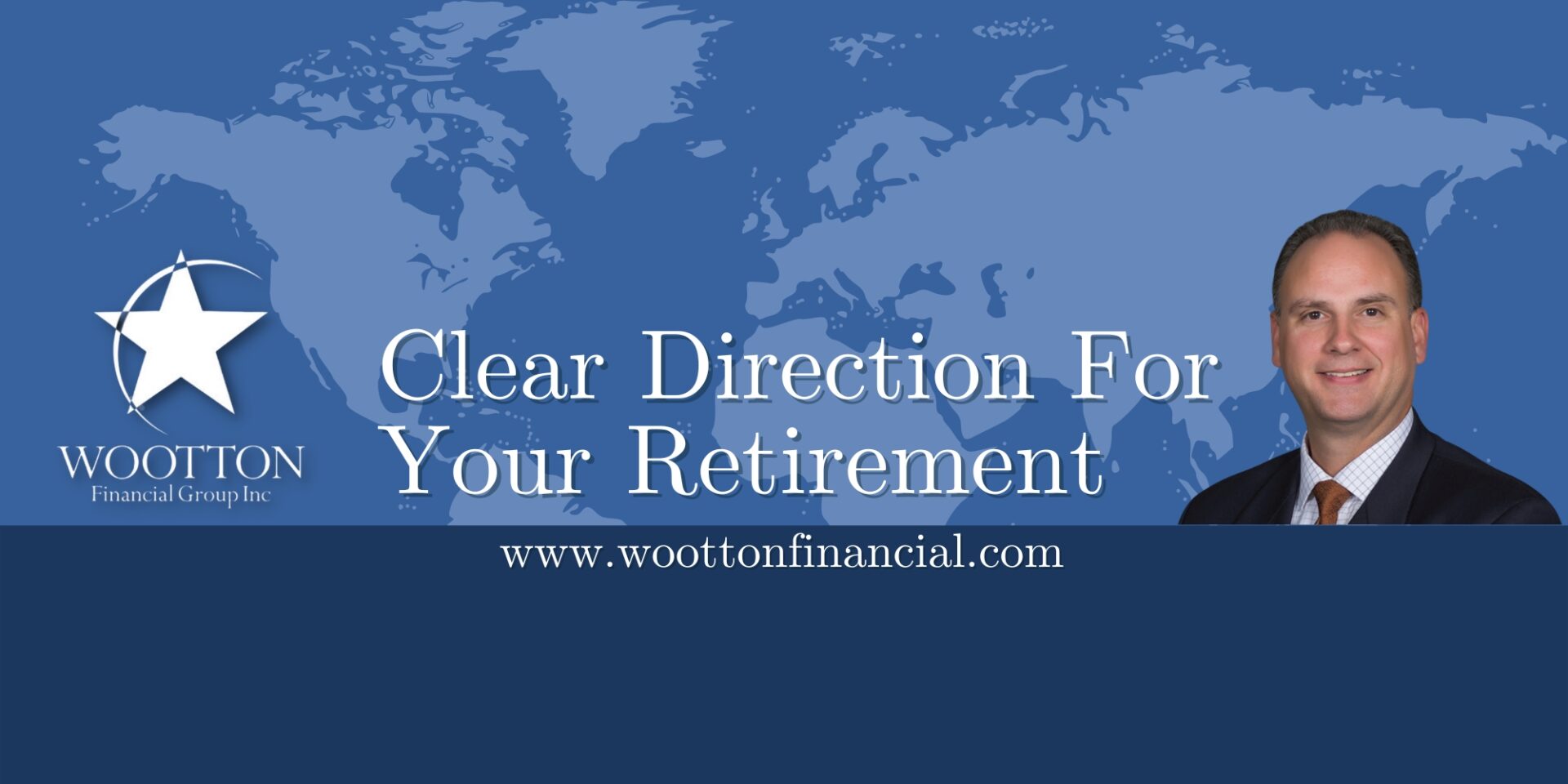Thou Shalt Know Thy Advisor – Fiduciary, Non-Fiduciary or Hybrid?
The unspoken first commandment of financial planning should be knowing what kind of advisory firm and thus advisor you are working with. I’m going to warn you up front that this article is going to get deep into some financial terminology. I believe however that education is key to investor success. This is not to say that a particular firm or advisor is “bad” per se’, it is to say that they are different and you need to know the implications.
If you use an independent financial advisor to manage your money, you are probably under the assumption that you’re getting guidance that’s genuinely in your best interest. Why? Well, truly independent planners are held to the wealth management industry’s highest standard of financial care known as the fiduciary standard.
This standard requires that registered investment advisory firms (RIA’s) put their client’s interests above their own and disclose and avoid conflicts of interest. The fiduciary standard is the gold standard for investing long-term. It contrasts however with a lesser rule known as Regulation Best Interest (Reg BI), a relatively new rule (asof June 2022) that governs brokerage firms. Reg BI requires only that investment recommendations be in a client’s “best interest” at the time of recommendation and to disclose conflicts of interest, not actually avoid them. Notably, the Reg BI rule does not say that client best interest must come before the brokers. Similar sounding rules, drastically different implications.
The obvious line between these two standards and their care of the client breaks downwith independent advisors who are also brokers (known as “hybrid” advisors or firms). These firms and their advisors ride two horses. They’re both a fiduciary that charges fees, and a broker (non-fiduciary) that can charge both fees and commissions. Such hybrid firms are (according to a 2019 study by Nicole Boyson posted on SSRN -“The worst of both worlds? Dual-registered investment advisers”) the most likely of all types of wealth planners to charge clients with higher fees and steer them into underperforming assets that generate commissions. This study also found that clients of the RIA (Registered Investment Advisor – by definition, a fiduciary) portion of hybrid firms “rarely receive personal financial planning services beyond investment allocation and selection advice, indicating that dual RIAs (hybrids) do not treat RIA clients much differently than brokerage clients.”
What used to be two very distinct business models in the wealth management landscape — commission-based brokerages vs. fee-based advisors — are collapsing and merging together. Unfortunately, investors don’t know the difference or how to differentiate it and thus pay the price. In fact, when an investor asks a “hybrid”advisor if they’re a fiduciary, many will respond, yes, because they are indeed riding the two-horse approach mentioned earlier. The question becomes, when do they act asa fiduciary? Where is the line drawn? Unfortunately, from a fiduciary perspective, this is an inherent conflict of interest built into the “hybrid” model itself.
Fee-based financial planning used to mean that a retirement nest egg was designed and nurtured in the best possible way for the investor. However, the melding of these business models has complicated what it means to be a financial planner. According to FINRA (the Financial Industry Regulatory Authority, which oversees the brokerageindustry), approximately 308,000, or roughly half, of the nation’s 612,000 brokers (non-fiduciary) are also registered as investment advisor representatives (fiduciary) —making them advisors who wear both hats (fiduciary/non-fiduciary) and are not truly independent fee-based fiduciary-only advisors. The implication is that if you desire a fiduciary only relationship with an advisor/firm, you’ve got to ask the right questions since independent fiduciary-only firms currently only represent about 12% of firms nationwide.
As part of the 12% and the owner and CEO of an independent fiduciary-only fee-based firm, I am obviously biased as to what I believe is best for the client. However, I know people who are happy at all types of firms. Again, I have no problem with investors exercising their free market right to choose what is best for them. I just want them to make an educated decision and many lack the information to do so. So, let me list some questions you can ask to determine if your advisor is a fiduciary, non-fiduciary or “hybrid”.
Questions to ask:
- Are you acting as a fiduciary 100 percent of the time? Where is that in writing?
- Are you an independent, fiduciary-only, fee-based advisor with no broker-dealer affiliation. If affiliated, likely a “hybrid” firm.
- Do you earn commissions on security transactions or use proprietary financial products? (non-fiduciary or hybrid)
- Have my all-in costs (compensation/expenses) been clearly disclosed? Where are they in writing? (fiduciary requirement)
- Have you received comprehensive retirement planning or primarily product and investment recommendations?
I hope this is helpful to your retirement journey. Call us, come see us or visit us at www.woottonfinancial.com, we’d love the opportunity to help address your questions and concerns and provide you Clear Direction for Your Retirement®.
 Investment Advisory services offered through Game Plan Advisors, Inc., a registered investment advisor. Insurance services offered through Wootton Financial Group, Inc.Game Plan Advisors, Inc. and Wootton Financial Group, Inc. are affiliated through common ownership. Neither Game Plan Advisors, Inc. nor Wootton Financial Group, Inc. offer legal or tax advice. Please consult the appropriate professional regarding your individual circumstance. Not associated with or endorsed by the Social Security Administration or any other government agency
Investment Advisory services offered through Game Plan Advisors, Inc., a registered investment advisor. Insurance services offered through Wootton Financial Group, Inc.Game Plan Advisors, Inc. and Wootton Financial Group, Inc. are affiliated through common ownership. Neither Game Plan Advisors, Inc. nor Wootton Financial Group, Inc. offer legal or tax advice. Please consult the appropriate professional regarding your individual circumstance. Not associated with or endorsed by the Social Security Administration or any other government agency


